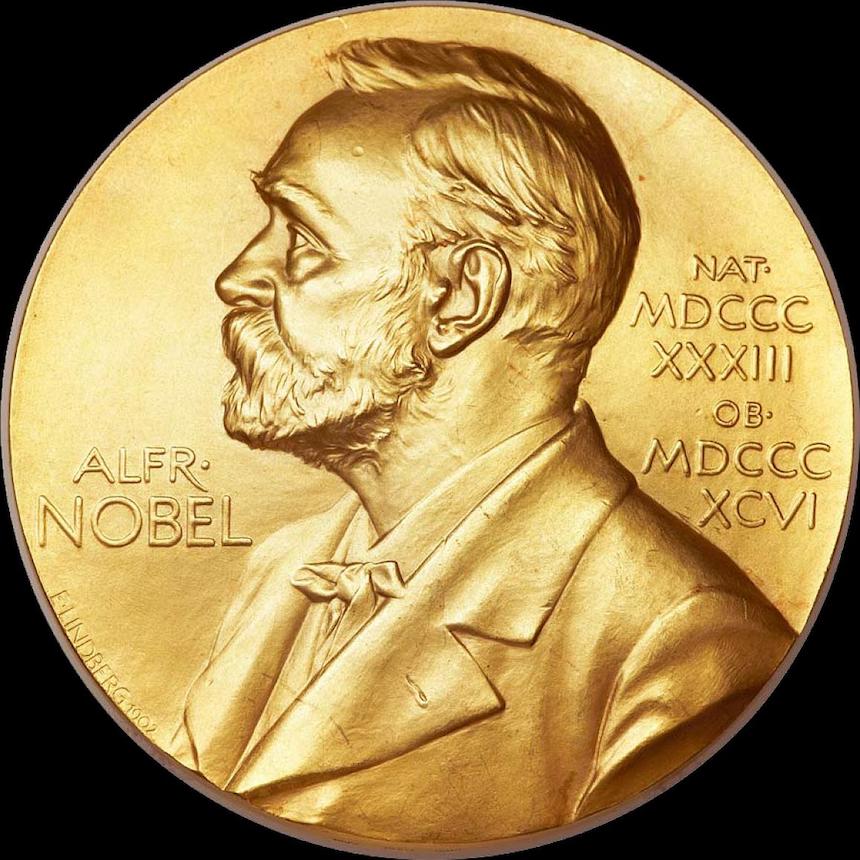

The 2017 Nobel Prize in Physiology or Medicine has been awarded to National Institutes of Health grantees Jeffrey C. Hall, Ph.D., of the University of Maine, Orono; Michael Rosbash, Ph.D., of Brandeis University, Waltham, Massachusetts; and Michael W. Young, Ph.D., of Rockefeller University, New York City, for their discoveries(link is external) of molecular mechanisms controlling the circadian rhythm.
The Royal Swedish Academy of Sciences said, “the paradigm-shifting discoveries by the laureates established key mechanistic principles for the biological clock.”
For many years we have known that living organisms, including humans, have an internal, biological clock that helps them anticipate and adapt to the regular rhythm of the day. Drs. Hall, Rosbash and Young aimed to discover how that clock works. They used fruit flies to isolate the gene called periodthat controls the normal biological rhythm of the day. Clock genes contain instructions for making clock proteins, whose levels rise and fall in a regular cyclic pattern. The researchers went on to discover that PER, the protein encoded by period, accumulated during the night and was degraded during the day. Their discoveries explain how plants, animals and humans adapt their biological rhythm so that it is synchronized with the Earth’s revolutions.
Our clocks influence alertness, hunger, metabolism, fertility, mood and other physiological conditions. For this reason, clock dysfunction is associated with various disorders, including insomnia, diabetes and depression.
“The work of these Nobel laureates to help us understand how our biological clocks work has shone a light on the significance of circadian rhythms on our health, and is informing treatments for sleep disorders, obesity, mental health disorders, and other health problems,” said NIH Director Francis S. Collins, M.D., Ph.D. “NIH is proud to have supported this groundbreaking research.”
Drs. Young and Rosbash have received continuous funding from NIH since 1975 ($17 million and $8 million respectively) primarily from NIH’s National Institute of General Medical Sciences (NIGMS) and National Institute of Neurological Disorders and Stroke. Dr. Rosbash’s work has also been supported by NIH’s National Institute on Aging, National Institute on Drug Abuse and National Heart, Lung, and Blood Institute. NIGMS also supported the work of Dr. Hall, providing more than $7 million in funding.
“This work is a great example of how studying fundamental biological processes in model organisms such as fruit flies reveals important principles that translate into a deeper understanding of human biology and disease,” said NIGMS Director Jon R. Lorsch, Ph.D.


